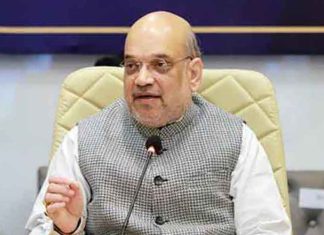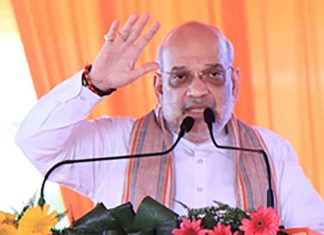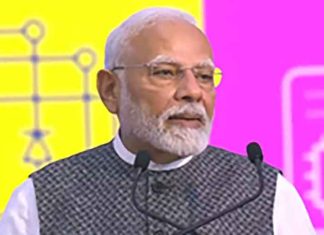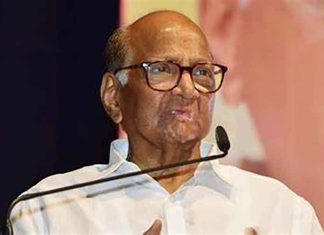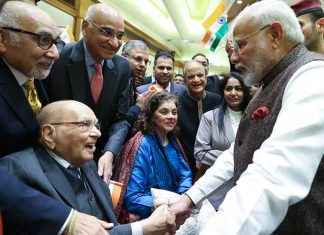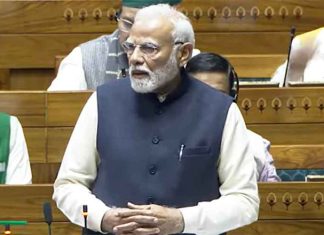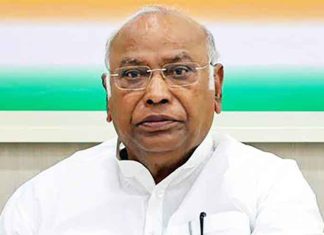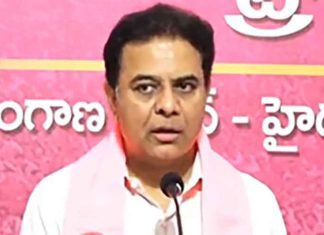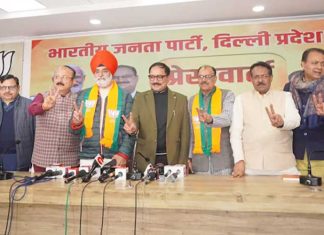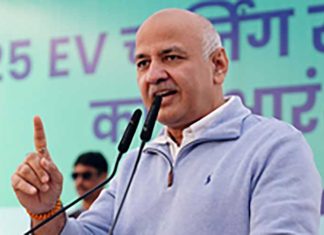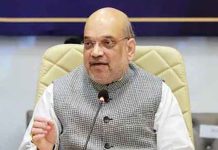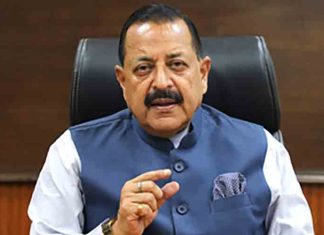London, Oct 12, 2024
As the United Kingdom’s Labour government marks 100 days in office on Saturday, political commentators are markedly less enthusiastic than in the aftermath of the party’s landslide win in the July 4 general election. Instead, they are asking whether Labour will be able to get back on course after an apparently bumpy start.
Labour had been in opposition since 2010 before Prime Minister Keir Starmer led the party to victory this year, securing a massive 174-seat majority in the UK parliament.
The honeymoon period of popularity enjoyed by a new government was short-lived for Starmer, however, as his government’s accomplishments so far have been overshadowed by moves including the deeply unpopular plans to cut winter fuel benefits for pensioners.
Among the most-touted achievements during Starmer’s first 100 days in power are the government’s success in resolving the junior doctors’ and train drivers’ strikes, cancelling the controversial Rwanda scheme proposed by the previous Conservative government, making good progress in launching GB Energy and scrapping no-fault evictions for tenants. Starmer’s handling of the far-right riots that rocked the country this summer has also been applauded.
On Thursday, the government also unveiled the Employment Rights Bill, outlining reforms aimed at boosting economic growth and upgrading workers’ rights across the country. Official figures on Friday showed that the UK economy returned to growth in August after flatlining for two months, a welcome boost for the government.
However, the government has come under fire for announcing plans to scrap winter fuel allowances worth up to 300 British pounds (392 US dollars) for 10 million pensioners, and refusing to lift a two-child cap on child benefit.
There has also been heavy criticism of Starmer for accepting thousands of pounds from a wealthy party donor to pay for clothes. Other Labour ministers have also received free gifts including tickets for major sporting events and Taylor Swift concerts.
Professor Iain Begg from the London School of Economics and Political Science (LSE) told Xinhua: “Labour, in power for its first 100 days, has been frantic. It’s had considerable difficulties and shown a lack of political experience, but it’s also tried to push forward a very large number of agenda items which had been lapsed under the previous administrations.”
“The verdict, therefore, is a rather checkered one,” Begg said, Xinhua news agency reported.
An Opinium poll revealed in late September that Starmer’s approval rating had plunged below that of the Tory leader Rishi Sunak, suffering a huge 45-point drop since July. Meanwhile, a YouGov poll revealed this week that Starmer is now as unpopular as the controversial Brexiteer Nigel Farage.
Nevertheless, Begg said that in British politics, a government will often make tough decisions and policy announcements in its first year in power, leaving another four years to turn such decisions around.
“It’s fair to say that Starmer can expect a few more storms over the next year or so, until some of his initiatives start to show that they’re genuinely making a difference. There’ll be easy tests for the public to apply and if he passes those tests, he’ll be seen as a more successful prime minister than maybe he has been in his first 100 days,” he said.
Andrew Roe-Crines, a researcher in British politics at the University of Liverpool, thinks the Budget will be an opportunity for Starmer and his party to sway public opinion when it is delivered on October 30.
“If they are right and they’re able to show this in the Budget by being able to invest in things which people expect to see, then maybe there’s hope for positive things later down the line,” Roe-Crines told Xinhua.(Agency)









